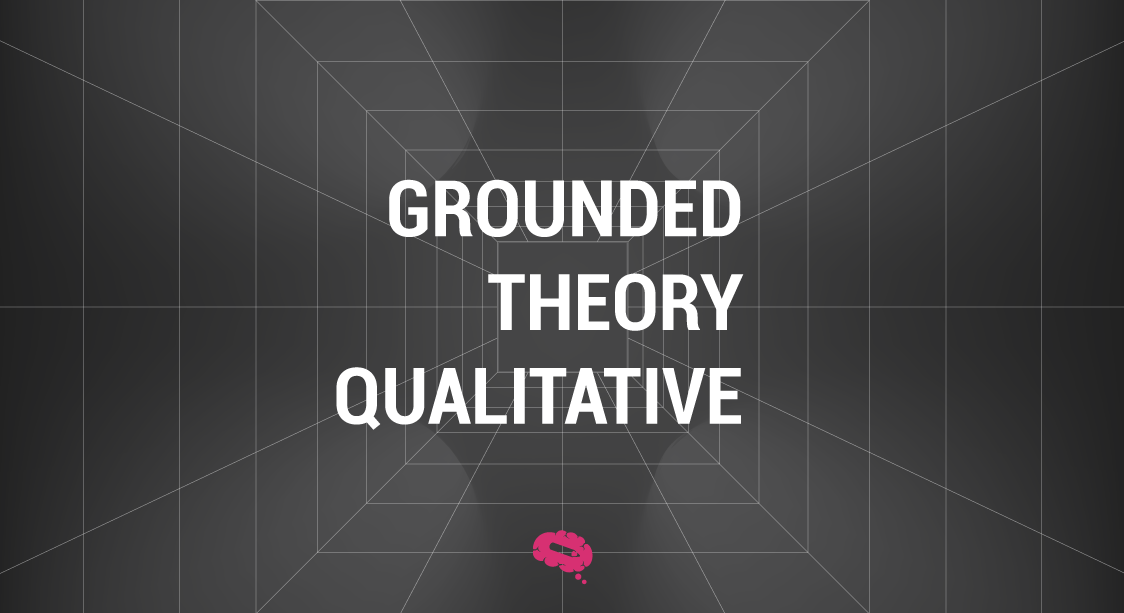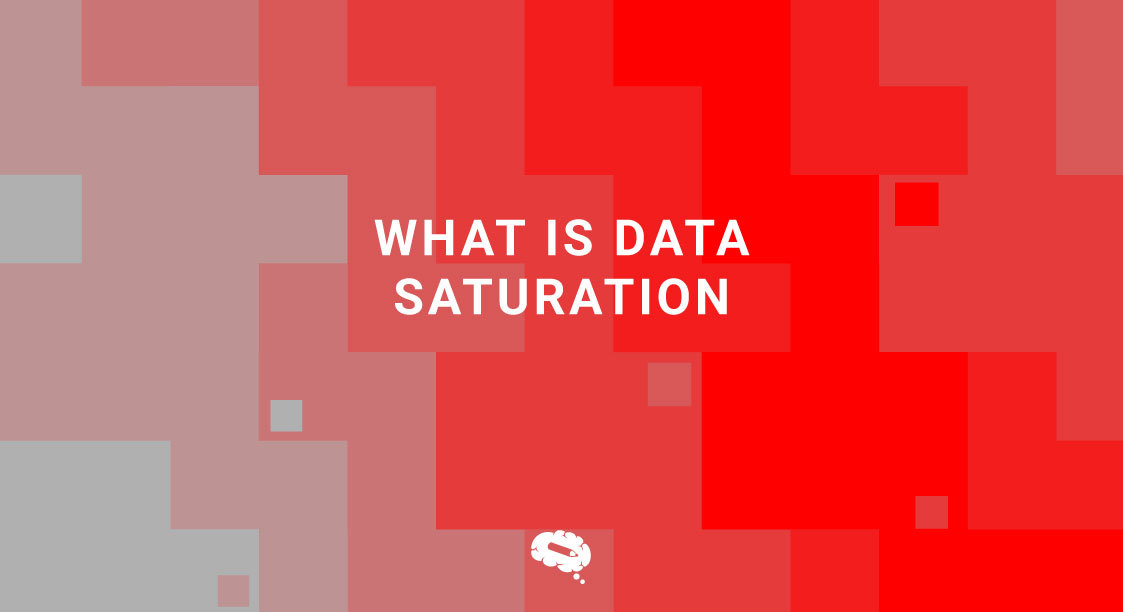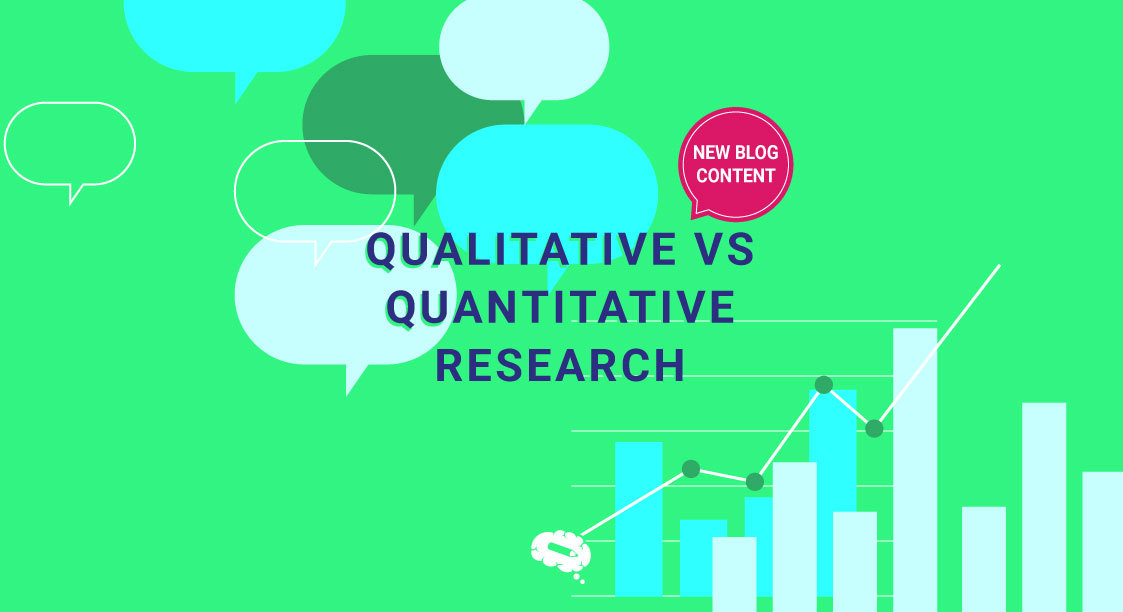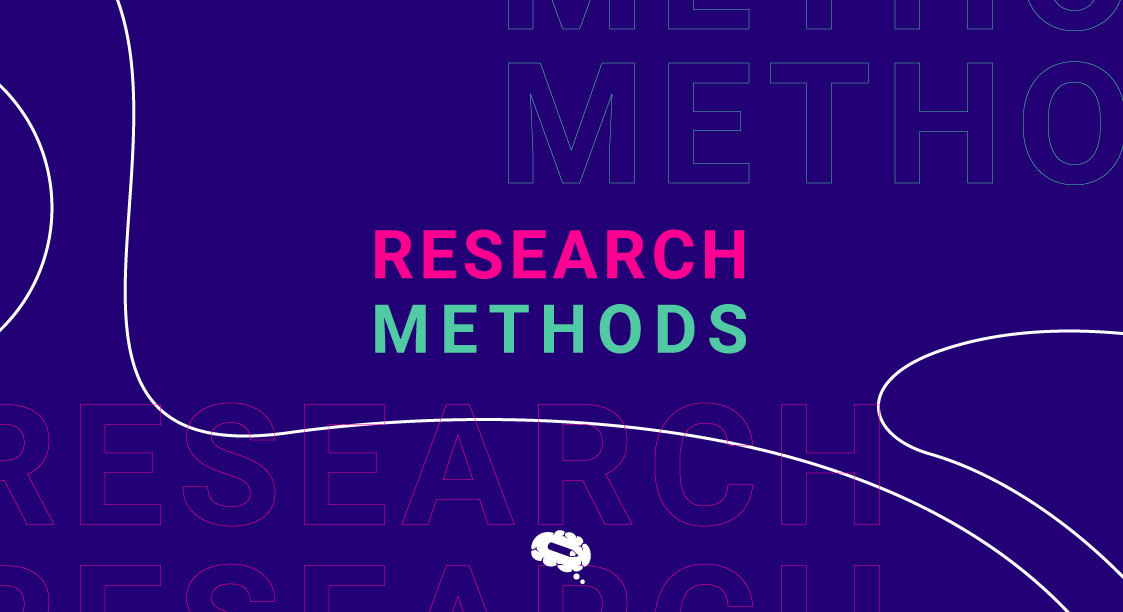Discover new perspectives and ideas through grounded theory qualitative research. Find out how to steer your decisions in the right direction with powerful insights. It can be difficult to find meaning and extract valuable insights in an era of abundant information. To understand complex phenomena, grounded theory offers a compelling approach.
The grounded theory method meticulously analyzes and interprets qualitative data to reveal the underlying patterns, relationships, and meanings of the world. Our thinking and decision-making processes can be transformed by this methodology by revealing hidden dimensions and gaining fresh insights.
Come along for a fascinating journey through grounded theory qualitative research. Find out how this approach works in practice through real-life case studies, practical examples, and expert perspectives. Get ready to experience the beauty of nuanced observations and the richness of qualitative data, giving you the confidence to make confident decisions. Explore new perspectives and discover new things.
What is Grounded Theory Qualitative?
An approach to studying and understanding social phenomena based on grounded theory is rigorous and systematic. Anselm Strauss and Barney Glaser developed grounded theory in the 1960s to produce theories based on empirical data rather than preconceived notions.
It starts without predetermined hypotheses or assumptions, unlike traditional deductive research approaches. Rather, it makes use of inductive reasoning to develop theories organically. In order to detect patterns, categories, and relationships in qualitative data, researchers perform constant comparative analysis.
According to grounded theory, social interactions are characterized by subjective experiences and meanings. People’s behaviors and beliefs are shaped by social processes and contexts. Interviews, observations, and document analysis can all be used in grounded theory research.
Research employing grounded theory can uncover new insights and create theories based on empirical evidence that reflect the complexities of human experiences. Social scientists, psychologists, educators, and managers can all benefit from this approach when understanding and explaining social phenomena.
Philosophical Underpinnings of Grounded Theory Qualitative
The methodology and approach of grounded theory qualitative research are rooted in philosophy. Research participants actively construct knowledge as a result of their interaction with the researcher, which is the central thesis of grounded theory. According to this perspective, reality is subjective, and multiple interpretations are possible.
A grounded theory also draws inspiration from pragmatism, emphasizing the practical application of knowledge. An empirically-based theory is one that has practical implications and is grounded in empirical evidence. Using grounded theory as a tool for decision-making ensures that insights derived from research can be effectively applied.
Grounded theory relies heavily on symbolic interactionism. Meanings and symbols play a crucial role in shaping human behavior. Research using grounded theory explores the interactions of individuals and their social context.
As a result of these philosophical underpinnings, grounded theory qualitative research enables researchers to generate theories that resonate with daily life practical realities by exploring the complexities of human experiences.
The premise of Grounded Theory Qualitative
Research-based on grounded theory assumes that data, rather than existing theories or hypotheses, determine what knowledge is revealed. By systematically analyzing qualitative data, it seeks to understand social phenomena under investigation.
Through constant comparisons and theoretical sampling, grounded theory allows theories to emerge from data, unlike traditional deductive research, which tests theories against data. The scientists immerse themselves in the data, meticulously coding and categorizing it, and gradually constructing theories and concepts based on it.
Researchers can generate empirically based theories while uncovering hidden patterns and exploring new perspectives using this approach. Diverse disciplines can benefit from grounded theory qualitative research, which can generate fresh insights.
Methodology of Grounded Theory Qualitative
Using Grounded Theory Qualitative research methodology, researchers can uncover deep insights and generate theory from empirical evidence. Fundamentally, grounded theory is about identifying patterns, concepts, and relationships in qualitative data through systematic analysis. As part of the research process, researchers continuously collect, code, and analyze data. The iterative process produces themes and categories, which lead to theories based on data.
Coding
Coding plays a crucial role in the analysis and development of grounded theory qualitative research. A grounded theory code identifies patterns, concepts, and relationships by categorizing qualitative data. Researchers code data by carefully examining each piece of information to identify meaningful units or segments. Data are then categorized according to descriptive labels or codes. Codes are compared, analyzed, and connected, resulting in themes and categories as the coding process progresses. Data collection and coding are carried out simultaneously during grounded theory coding. Data-driven codes and categories facilitate theory development by allowing data-based theories to be developed.
Memoing
As part of the Grounded Theory Qualitative research methodology, memorization is a crucial step. During data analysis, thoughts, reflections, and insights are documented. In memos, a researcher captures and organizes new ideas and interpretations as they emerge from the data. Memos provide a wealth of information that can be used to develop concepts and theories. The purpose of memoing is to explore connections between segments of data, generate hypotheses, and refine theories that emerge from the data. Furthermore, it supports the trustworthiness and rigor of the research by providing a transparent and auditable record of the analytical process. As the grounded theory qualitative research process progresses, memos serve as an indispensable tool to capture and preserve researchers’ evolving understanding of the data.
Serendipity Pattern
An unexpected and fortuitous discovery during the data analysis process is the serendipity pattern in grounded theory qualitative research. A significant finding is discovered when something unexpected or previously unnoticed is recognized. When researchers compare and code constantly, serendipity patterns emerge, allowing for a flexible and open-minded exploration of the data. There is an opportunity to develop new theories or perspectives as a result of these serendipitous discoveries that can challenge existing assumptions. Researchers who embrace serendipity patterns develop a deeper understanding of phenomena, fostering a receptiveness to unexpected discoveries in their grounded theory research.
Sorting
A key step in the coding and analysis process of grounded theory qualitative research is sorting. The sorting process involves organizing the segments of data based on their similarities and differences after they have been transcribed and segmented. Researchers can develop concepts and theories by sorting data and identifying patterns and relationships within them. Data are systematically compared and contrasted, connections are made, and related segments are grouped. By sorting data, researchers can develop a coding framework that will enable them to further analyze and interpret the data. In this iterative process, data are analyzed more deeply and theories are built.
Writing
The development and dissemination of theories rely heavily on writing. Researchers generate theoretical insights and concepts as they analyze and code data constantly. By documenting and articulating these emerging theories, researchers can refine and explore their ideas further. A grounded theory paper must be written in a way that captures the nuances and complexities of the data through rich descriptions and narratives. Research can be effectively communicated to a wider audience by using clear, compelling writing, contributing to the advancement of knowledge in their fields.
Use of Preexisting Theory in Grounded Theory Qualitative
A fascinating and dynamic aspect of grounded theory qualitative research is the use of preexisting theory. In contrast to other research methodologies focused on hypothesis testing or verification, the grounded theory emphasizes the exploration of empirical data-based theory.
Grounded theory does not discard preexisting theories, but rather treats them as valuable resources for informing research. In order to discover patterns, concepts, and relationships in data, researchers begin with an open mind. In order to refine, expand, or even challenge existing frameworks, they compare emerging concepts with existing theories.
The rich body of knowledge that is already available can be tapped by researchers by integrating preexisting theories into grounded theory. The approach facilitates the identification of novel insights by promoting a deep understanding of the subject matter. In addition, it encourages collaboration and innovation among different disciplinary perspectives.
A grounded theory qualitative study utilizes preexisting theory to offer a holistic understanding of complex phenomena that pushes the boundaries of knowledge. To create meaningful contributions, researchers should build upon existing knowledge, exemplifying the dynamic nature of research.
Split in Methodology and Methods of Grounded Theory Qualitative
There are many debates and divisions within the grounded theory qualitative research field, especially regarding methodology and methodological choices. Grounding theory studies are viewed differently by researchers.
Deductive and inductive approaches are two major divisions. In deductive research, the researcher starts with a preexisting theory and validates or refines it based on qualitative data analysis. An inductive approach, on the other hand, begins with an open mind, allowing the theory to emerge naturally from the data.
Data collection and analysis methods are also a point of contention. In traditional grounded theory, data is categorized using coding techniques, constant comparisons, and theoretical samplings. There have also been alternative methods developed, such as constructivist grounded theory, which concentrates more on reflexivity and researcher involvement.
Constructivist Grounded Theory
In grounded theory qualitative research, constructivist grounded theory (CGT) represents an alternative approach. By emphasizing the researcher’s active role in shaping the analysis, it differs from traditional grounded theory. Through CGT, individuals explore their subjective experiences and meanings of social reality. In every stage of the research process, researchers reflect and reflect on their impact on data interpretation. Collaboration is promoted between researchers and participants through CGT, which recognizes the co-construction of knowledge. Understanding the social world through CGT allows researchers to develop theories that explain the complexity and diversity of human experience.
Critical Realist
A critical realism perspective has gained attention within grounded theory qualitative research. While recognizing the influence of social and cultural factors on our understanding of reality, critical realism acknowledges there is an external reality that exists independently of our perceptions. A critical realist researcher aims to uncover the mechanisms and structures that shape social phenomena. Rather than focusing solely on surface observations, they seek to explore deeper causal relationships and contexts. Within the framework of grounded theory, researchers can gain a deeper understanding of social reality through critical realism.
Benefits of Using Grounded Theory Qualitative
We can greatly enhance our understanding and decision-making processes by using grounded theory qualitative research. From data alone, it is capable of uncovering deep insights and generating new theories. Understanding complex phenomena can be gained by immersing ourselves in qualitative information. Some of the benefits are as follows:
- Develop new theories based on the data itself by uncovering deep insights.
- Encourage a flexible, iterative approach, allowing theories to be refined based on new data.
- By considering multiple perspectives and interpretations, develop a holistic perspective on the research topic.
- Qualitative data captures the richness of human experience and embraces the complexity of human nature.
- By providing highly relevant and applicable insights, bridge the gap between theory and practice.
- Give decision-makers evidence-based insights, so they can make informed decisions.
- The use of grounded theory to inform decision-making processes is a powerful way to drive positive change.
- We are on the cusp of revolutionizing the understanding of a wide range of complex phenomena in a wide range of disciplines.
- It is important to enhance comprehension of the subject matter and provide a comprehensive understanding of it.
As these benefits demonstrate, grounded theory qualitative research can uncover deep insights, promote flexibility, embrace diversity, facilitate evidence-based decision-making, and contribute to meaningful progress.
Limitations of Using Grounded Theory Qualitative
Grounded theory qualitative research is an effective and insightful methodology, but it does have its limitations. A comprehensive understanding of its applicability depends on acknowledging these constraints. Listed below are some of the limitations that have been identified:
- Data collection, coding, and analysis in grounded theory qualitative research are time- and resource-intensive.
- In qualitative analysis, researcher bias can affect the interpretation of data, potentially compromising objectivity due to the researcher’s preconceptions and perspectives.
- It may be difficult to transfer findings from grounded theory to other settings or populations because it focuses on context-specific phenomena.
- The number of participants in grounded theory studies is often small, as depth takes priority over breadth in these studies. It may be possible to generate rich insights using this approach, but its generalizability and statistical power may be limited.
In considering these limitations, researchers can decide what contexts and considerations to apply to grounded theory qualitative research.
How to Do Grounded Theory Qualitative Research?
It is important to follow a systematic and iterative process when doing grounded theory research. Follow these steps to get started:
- Acquire a thorough understanding of grounded theory’s principles, concepts, and techniques. Take the time to learn about the pioneers of this methodology, including Glaser and Strauss.
- Decide on a qualitative research topic that interests you. For studying complex social phenomena or exploring areas that are understudied, grounded theory is especially useful.
- Interviews, observations, and document analysis are methods of collecting data. The goal is to collect rich, qualitative data that captures participants’ perspectives and experiences.
- Code and categorize the data before beginning the analysis process. Compare and contrast initial concepts through constant comparison using open coding. Analyze emerging themes, patterns, and connections.
- Identify relationships and concepts in the data and develop categories and subcategories to reflect those relationships and concepts as the analysis proceeds. Rather than imposing preconceived notions on the data, let the theory emerge organically.
- To validate and refine emerging categories and concepts, collect additional data continuously. According to the emerging theory, new participants or sources are selected.
- Analyze and validate the theory continuously through ongoing analysis. Ensure the emerging theory is credible and trustworthy by seeking feedback from peers, experts, or participants.
- The final step is to document your findings by writing a research report describing what you learned from the data. Provide a detailed description of the research process, analysis, and theoretical framework developed.
Iterative and reflexive processes are integral to grounded theory research. To understand a phenomenon, data collection, analysis, and theory development should be interwoven.
Tools for Doing Grounded Theory Research
Although grounded theory research primarily relies on qualitative data analysis and interpretation, several tools can assist in supporting and enhancing the process. Some of the most commonly used tools are listed below:
- Software for taking notes: Evernote and Microsoft OneNote are great tools for keeping track of notes, interview transcripts, observations, and memos. Analyzing your data with these tools is flexible and easy.
- Using qualitative data analysis software: Tools like NVivo and MAXQDA can be used to manage and analyze qualitative data. As a result of these tools, data can be coded, categorized, and explored efficiently, enabling patterns to be identified and theoretical frameworks to be developed.
- Frameworks for coding: Use coding frameworks to categorize and analyze data systematically. An initial list of categories can be derived from the data or a set of predefined codes can be used. Consistency and theme identification are made easier with coding frameworks.
- Concept-mapping tools: Visualizing relationships, connections, and hierarchies between concepts and categories can be done with concept-mapping tools like Mind the Graph. Visual representations of the theoretical framework and data complexity are provided by these tools.
- Tools for managing research: Manage references, citations, and literature reviews with research management tools such as Zotero or Mendeley. Citing sources and keeping track of relevant literature are made easier with these tools.
- Platforms that facilitate collaboration: Tools like Google Docs and Microsoft Teams facilitate collaborative writing, editing, and commenting on research documents when working in a team.
It is imperative to choose the research tools that match your research needs and preferences, while these tools can be useful. Conducting grounded theory research should be efficient and effective while maintaining qualitative analysis’ integrity.
Increase your work’s impact and make it more significant
As part of grounded theory qualitative research, rich qualitative data is captured and interpreted. Visual representations make information easier to comprehend and learn. We enhance the communication of your scientific findings through carefully designed visual representations. With Mind the Graph, you can communicate your grounded theory research effectively, allowing a broader audience to understand it.

Subscribe to our newsletter
Exclusive high quality content about effective visual
communication in science.





